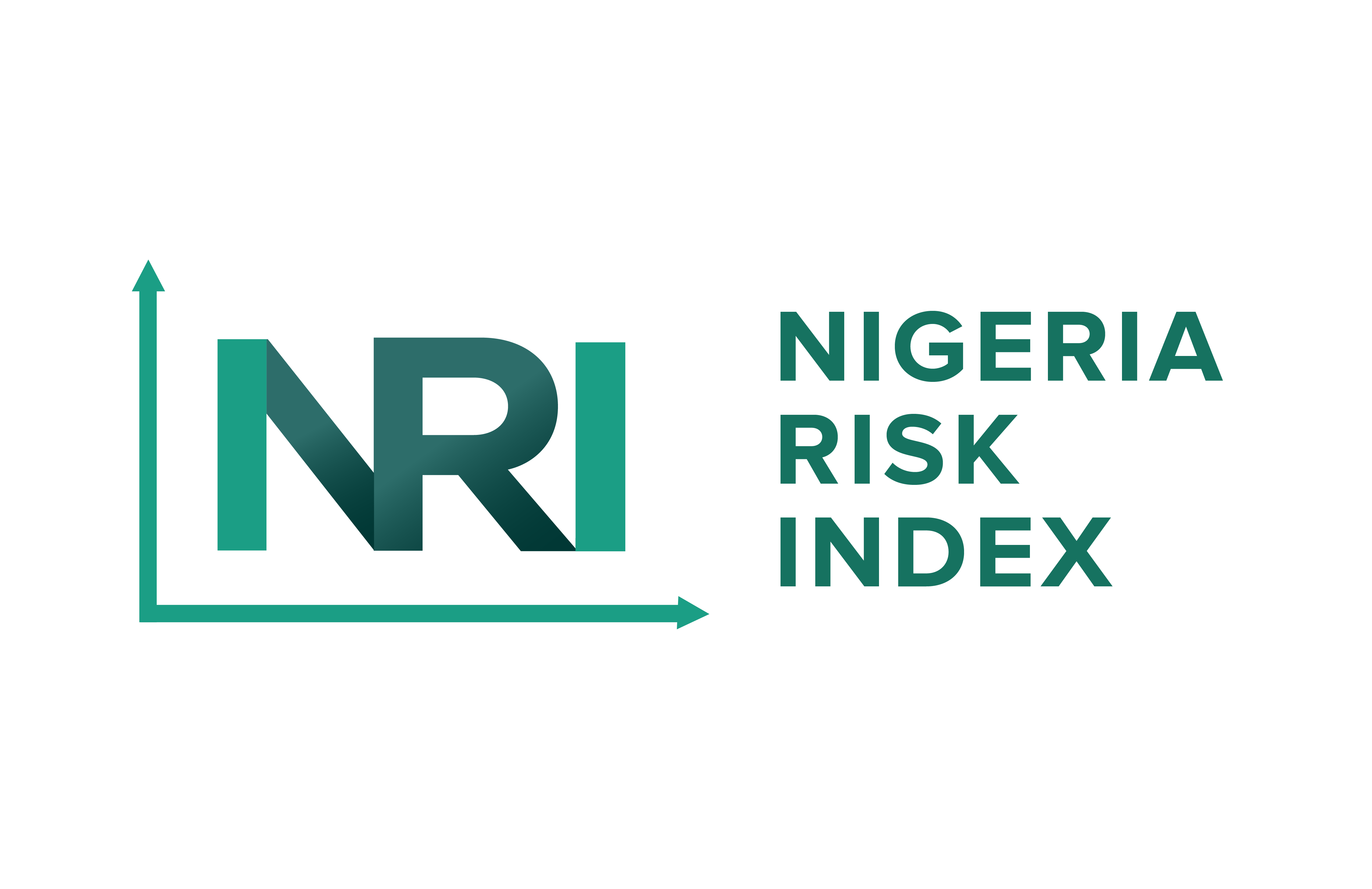Insights
Nigeria's economic landscape has undergone significant transformations since President Bola Tinubu assumed office in May 2023. While the administration has implemented bold reforms aimed at stabilizing the economy, the journey toward comprehensive risk control remains ongoing.
One of the most notable actions was the removal of the longstanding fuel subsidy, a measure that had long drained fiscal resources. This move, though politically sensitive, was essential to redirect funds toward more productive investments. At the same time, the government ceased monetary financing of the fiscal deficit and unified the foreign exchange market, steps that have bolstered investor confidence and strengthened the Central Bank of Nigeria's foreign exchange reserves.
These fiscal consolidations have yielded tangible results. The federal deficit, which stood at 5.4 percent of GDP in 2023, decreased to 2.6 percent in 2025, reflecting improved revenue collection and expenditure management. Public debt has also shown signs of stabilization, declining from 42.9 percent of GDP in 2024 to 39.8 percent in 2025. This has created a firmer foundation for both domestic and international confidence in Nigeria’s macroeconomic trajectory.
The Nigerian economy has demonstrated resilience, with a projected growth rate of 4.2 percent in 2025 driven by expansions in services, agriculture, and non-oil industries. However, this growth is tempered by persistent inflationary pressures. Despite efforts to stabilize prices, inflation remains elevated, particularly in the food sector, and continues to erode the purchasing power of households. To mitigate these pressures, the administration has introduced compensatory cash transfers and promoted alternative energy sources, such as compressed natural gas, to reduce transport costs. While these measures have had some impact, the full effect on inflation control is yet to be fully realized.
The unification of the foreign exchange market and the cessation of monetary financing have contributed to a more stable, market-reflective exchange rate. This stability has been instrumental in rebuilding the Central Bank’s foreign exchange reserves, which surpassed ₦62.2 trillion in 2025, enhancing Nigeria’s external liquidity and reducing vulnerabilities to external shocks.
While economic indicators show improvement, the social impact of these reforms cannot be overlooked. The removal of fuel subsidies, though fiscally prudent, has increased transport costs and affected the livelihoods of many Nigerians. The government’s initiative to convert vehicles to compressed natural gas is a step toward alleviating these effects, but infrastructure limitations and public awareness remain challenges to widespread adoption. Politically, the administration’s commitment to reform has been met with both support and resistance. While some commend the government’s bold approach, others express concerns over the social implications of rapid policy changes. Balancing economic objectives with social equity remains a delicate task.
Looking ahead, Nigeria under President Tinubu’s administration has made commendable strides in addressing economic risks through fiscal discipline, exchange rate stabilization, and external sector management. Yet, challenges such as persistent inflation, social pressures from subsidy reforms, and the need for sustained political support highlight that the journey toward comprehensive economic risk control is ongoing. Continued vigilance, adaptive policy-making, and inclusive growth strategies will be essential to consolidate the gains achieved and ensure long-term economic stability.

The Risk Control Team
Related Blog Posts
- GENOCIDE OF CHRISTIANS – IS NIGERIA GUILTY AS CHARGED?
- Northern Nigeria’s Peace Deals With Bandits: Truce or Time Bomb?
- The Dangote-Transporters Impasse: A Clash of Modernisation and Tradition
- Nigeria’s Mandatory Taxpayer Identification Number (TIN)Policy
- Land Administration in Nigeria: Unpacking Federal-State Controversies
